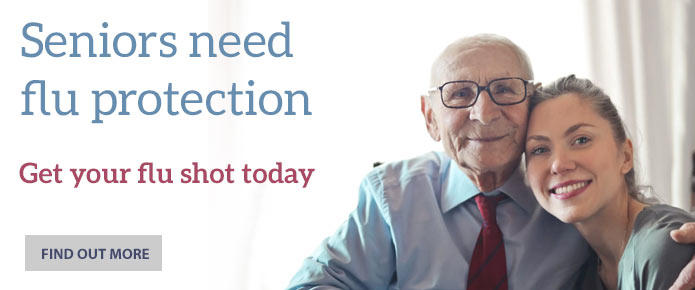Salmonella (Salmonellosis) is a common bacterial infection that causes intestinal illness, and can affect the blood, joints, or nervous system. The CDC estimates that salmonella causes about 1.35 million illnesses, 26,500 hospitalizations, and 420 deaths in the United States every year.
Salmonella bacteria can be found in almost any type of food that has been contaminated or improperly cooked or stored. Bacteria can also be passed from person to person, or from animals to people.
Symptoms begin from six hours to six days after exposure, and include fever, diarrhea and abdominal cramping. Most people recover without treatment in a few days.
Around 1,100 Mississippians become ill each year from salmonella, usually in the warm summer months.
Who Can Be Infected?
- Anyone can become infected with salmonella. Infants younger than 12 months who are not breast fed and children under 5 years of age are more likely to get a salmonella infection.
- Very young children and older adults are more likely to become seriously ill from salmonella infection. Antibiotic treatment is recommended for individuals with severe salmonella illness, and for people with weakened immune systems, infants, individuals 65 years and older, and adults over 50 with medical problems such as heart disease.
- Most people recover without the use of antibiotics, but should be encouraged to drink plenty of fluids as long as they are experiencing diarrhea.
Preventing Salmonella
 Exposure from Food
Exposure from Food
You can be exposed to salmonella from a variety of foods: eggs, meats, vegetables and sprouts, fruit, and even processed foods such as nut butters, frozen pot pies, and chicken nuggets. Contaminated foods usually look and smell normal. Follow these tips to prevent infection:
- Don't wash raw eggs, meats, poultry, or seafood before cooking. Washing can spread germs to other foods, utensils and surfaces.
- Wash your hands with soap and clean, running water for at least 20 seconds before and after handling food, especially after touching raw or undercooked eggs, meats, poultry (like chicken and turkey), seafood, or their juices.
- Keep cooked and raw foods separate. Never place cooked food on a plate that previously held raw or undercooked eggs, meats, poultry, seafood or their juices.
- Wash or scrub vegetables and fruits under running water, even if you don't plan to eat the peel. Germs on the peel or skin can get inside fruits and vegetables when you cut them.
- Avoid produce that is bruised or damaged.
- Pre-cut fruits and vegetables should be refrigerated or kept on ice.
- Cooked produce is the safest to eat. Washing raw produce is the next safest.
Food Safety
Cooking, storing and handling food safely helps keep you and others protected from salmonella.
 Exposure from Others
Exposure from Others
- Wash your hands after using the toilet, changing diapers, or helping someone with diarrhea clean up after using the toilet.
- If you are ill with salmonella, you should not prepare food or drinks for others until you no longer have diarrhea.
 Exposure from Animals
Exposure from Animals
Pets can carry salmonella and other germs that make people sick. You can even be infected by healthy animals, including those at petting zoos, farms, fairs, schools and daycares.
- Always wash your hands after contact with pets and other animals. Wash thoroughly with running water and soap even after touching an animal's food, water, poop, or things they touch often: toys, bowls and bedding, and living spaces like cages, tanks, coops, stalls and barns.
- Don't put your hands in your mouth after petting or playing with animals. Keep other items that have come into contact with animals out of your mouth.
- Don't kiss cats, dogs, chickens, turtles, lizards, or other pets or animals.
- Don't let children younger than age 5, people with weakened immune systems, or older adults touch high-risk animals (like turtles, frogs, chickens, or ducks) or their belongings or habitats.
- Never eat or drink around high-risk animals or in areas where they live and roam.
- Clean your pet's bed, living space, and belongings such as food and water bowls outdoors. If you must clean indoors, use a bathtub or large sink that can be cleaned and disinfected. Avoid using a kitchen sink, if possible.
- Visit the veterinarian regularly. By keeping your pet healthy, you also help to keep yourself and your family healthy.

